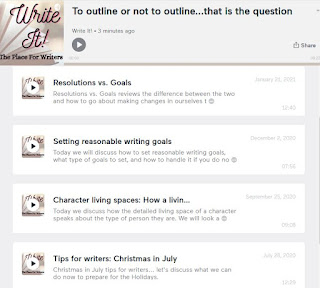1.Very angry / fuming
2. Very big / gigantic or huge
3. Very clean / spotless, immaculate or spick and span
4. Very cold / freezing or Very cold / icy or hard hearted
5. Very fast / immediate
6. Very fat / large
7. Very good / suitable
8. Very happy / joyful, delighted or ecstatic
9. Very hateful / repulsive
10. Very hot / broiling
11. Very hungry / famished
12. Very loving / affectionate
13. Very mean / nasty or cruel
14. Very nice / lovely
15. Very old / ancient or antiquated
16. Very pretty / beautiful or attractive
17. Very poor / underprivileged
18. Very quiet / silent or peaceful
19. Very rude / offensive
20. Very sad / miserable
21. Very silly / ridiculous
22. Very skinny / lean or malnourished
23. Very small / miniature
24. Very smart / clever
25. Very soft / spineless
26. Very sore/ excruciating, tender or painful
27. Very strong / muscular
28. Very stupid / senseless
29. Very tasty / scrumptious
30. Very tired / exhausted
31. Very ugly / horrid
Do you write when you're not in the mood?
















